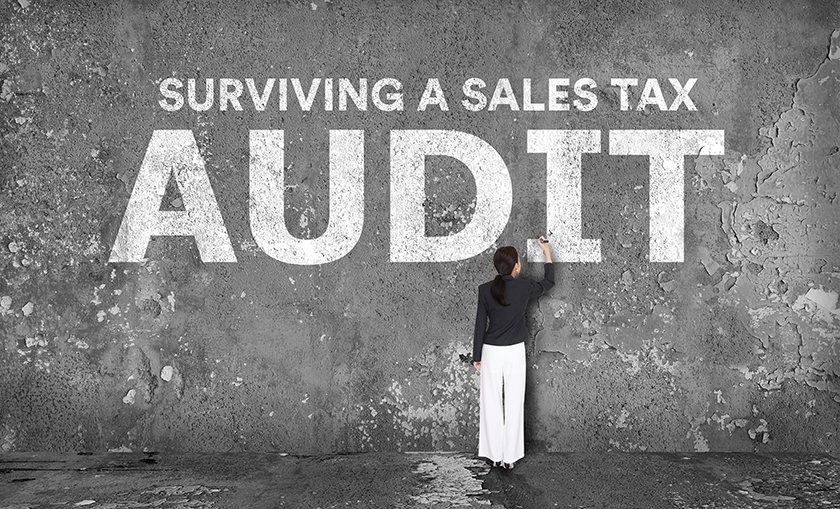Call Don today: 951-533-4966
Blog
Don Welker's Financial Minute

Whether your company is in growth mode or trying to deal with flat or diminishing sales, there’s a good chance you depend on credit from your bank to help you pay the bills. Which is why I’m always surprised to see how many companies do things that ruin their banking relationship!
Bankers are generally very cautious people. They need to feel completely confident that the money they loan to you will indeed be paid back. Do one of the following actions, and run the risk ruining your banking relationship:
• Provide misinformation or no information. The quickest way to lose your credit is to surprise your bankers. The worst way is to lie to them. If your company is struggling, the best time to tell your banker that there’s a problem is as soon as you become aware of it.
• Add to your debt. In most cases, borrowing money from other sources (outside of trade payables) without your banker’s approval or consent will violate your loan covenants.
• Break the law. Your banker will not be happy if you incur a significant regulatory violation by failing to comply with a law, such as not reporting or properly resolving a hazardous spill, or getting slapped with a class action lawsuit because you didn’t comply with labor laws.
• Miss your previously reported earnings projections. Say your bank has raised a concern about your repeated failure to hit your leverage ratio, and you have assured them that this quarter you’ll hit the numbers. If you don’t, they might get “lender’s fatigue” and give up on you.
• Use corporate assets to buy luxury items. If your banker sees that, while you’re seeking to continue to expand your loan base, you’re using corporate funds to buy luxury boats, planes or cars, they’ll think twice about approving another loan.
• Miss reporting deadlines. It is vitally important that you provide accurate and timely financial statements, and be proactive about telling your banker if something is amiss.Most of the things on this list are typically covenant violations. Always keep in mind that your banker has the right to call your loan—and demand immediate payment—for any covenant violation, regardless of its magnitude. When that happens, I can tell you that it’s really not a pleasant position to be in.
Need help proactively managing your banking relationship? Give me a call. As your part-time CFO, this is one of the things I can do for you.

They say that an ounce of prevention is worth a pound of cure. This is certainly true when it comes to sales tax audits.
In the Ideal World: Things to Do Before You Start Selling Products
The best way to survive a sales tax audit is to do things right in the first place! This is true whether you’re running a start-up or you have an existing business that’s considering expanding into another city, county or state.
Here’s what you need to do…
• Understand the applicable laws. Familiarize yourself with the sales tax laws that relate to you and the areas in which you plan to conduct business:
• What is the current sales tax rate?
• What transactions are taxable?
• Under what circumstances are sales exempt from sales tax?
• What documentation is required to exempt sales from sales tax? Be sure to keep all of these properly filled out and signed documents in one central file.
• When and how do you need to report and pay the sales tax?
• Ensure you apply the appropriate tax. Have a procedure in place to monitor, track and apply changes to tax rates in all of the places in which you are doing business. Use accounting software that allows you to easily manage multiple sales tax tables, exempt certain customers from paying sales tax, and get a report of who you’re exempting so you can easily double-check that you have proper paperwork on file.
• Pay all taxes on time. Especially if you’re dealing with multiple sales tax entities, have a system for ensuring nothing falls through the cracks.
In Reality: Things to Do When You Find Out You’re Being Audited
If you’ve done all of the things listed above, then your audit preparation is complete. You’ll just have to walk the auditor through the sales tax return and provide them with any requested documents
If you haven’t done these things, you’ll want to try to postpone the audit. Go back through all your records and get your ducks in a row. For example, if you’ve exempted sales transaction and don’t have signed resale certificates on file, go back to your customers to get them.
Need help preparing for a sales tax audit or putting a robust sales tax system in place? Give me a call. As your part-time CFO, this is one of the many services I provide.